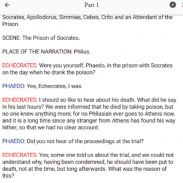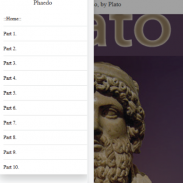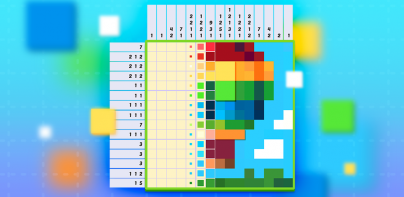





Phaedo best-known dialogue Plato Free eBook

Mô tả của Phaedo best-known dialogue Plato Free eBook
Phaedo, also known to ancient readers as On The Soul, is one of the best-known dialogues of Plato's middle period, along with the Republic and the Symposium. The philosophical subject of the dialogue is the immortality of the soul. It is set in the last hours prior to the death of Socrates, and is Plato's fourth and last dialogue to detail the philosopher's final days, following Euthyphro, Apology, and Crito.
In the dialogue, Socrates discusses the nature of the afterlife on his last day before being executed by drinking hemlock. Socrates has been imprisoned and sentenced to death by an Athenian jury for not believing in the gods of the state (though some scholars think it was more for his support of "philosopher kings" as opposed to democracy) and for corrupting the youth of the city. The dialogue is told from the perspective of one of Socrates' students, Phaedo of Elis. Having been present at Socrates' death bed, Phaedo relates the dialogue from that day to Echecrates, a Pythagorean philosopher. By engaging in dialectic with a group of Socrates' friends, including the two Thebans, Cebes, and Simmias, Socrates explores various arguments for the soul's immortality in order to show that there is an afterlife in which the soul will dwell following death. Phaedo tells the story that following the discussion, he and the others were there to witness the death of Socrates.
One of the main themes in the Phaedo is the idea that the soul is immortal. Socrates offers four arguments for the soul's immortality:
The Cyclical Argument, or Opposites Argument explains that Forms are eternal and unchanging, and as the soul always brings life, then it must not die, and is necessarily "imperishable". As the body is mortal and is subject to physical death, the soul must be its indestructible opposite. Plato then suggests the analogy of fire and cold. If the form of cold is imperishable, and fire, its opposite, was within close proximity, it would have to withdraw intact as does the soul during death. This could be likened to the idea of the opposite charges of magnets.
The Theory of Recollection explains that we possess some non-empirical knowledge (e.g. The Form of Equality) at birth, implying the soul existed before birth to carry that knowledge. Another account of the theory is found in Plato's Meno, although in that case Socrates implies anamnesis (previous knowledge of everything) whereas he is not so bold in Phaedo.
The Affinity Argument, explains that invisible, immortal, and incorporeal things are different from visible, mortal, and corporeal things. Our soul is of the former, while our body is of the latter, so when our bodies die and decay, our soul will continue to live.
The Argument from Form of Life, or The Final Argument explains that the Forms, incorporeal and static entities, are the cause of all things in the world, and all things participate in Forms. For example, beautiful things participate in the Form of Beauty; the number four participates in the Form of the Even, etc. The soul, by its very nature, participates in the Form of Life, which means the soul can never die.
The Phaedo was first translated into Latin from Greek by Henry Aristippus in 1160. Today, it is generally considered one of Plato's great works.





















